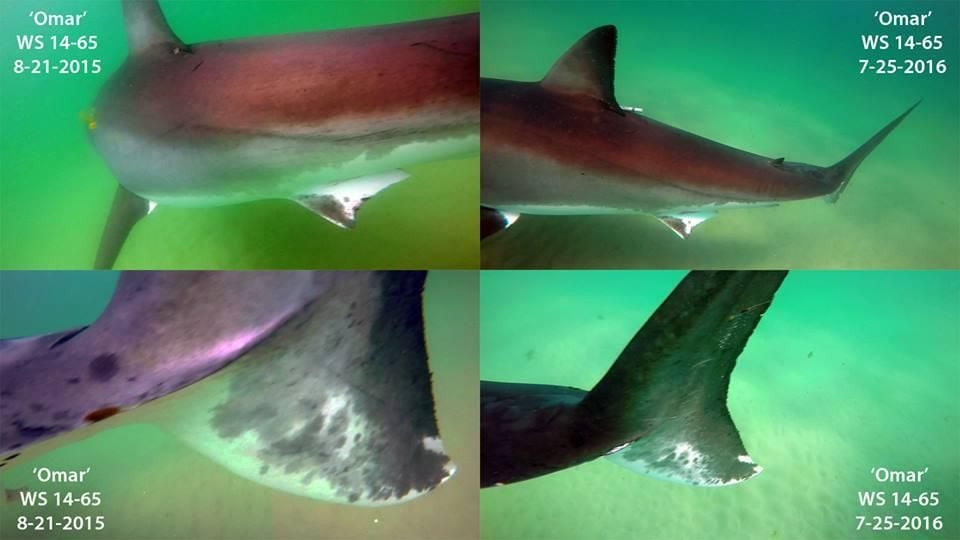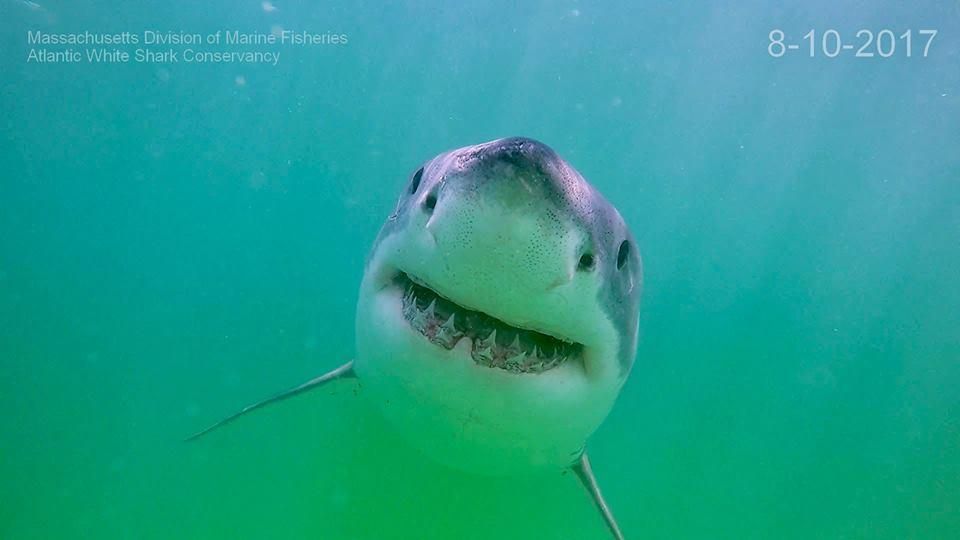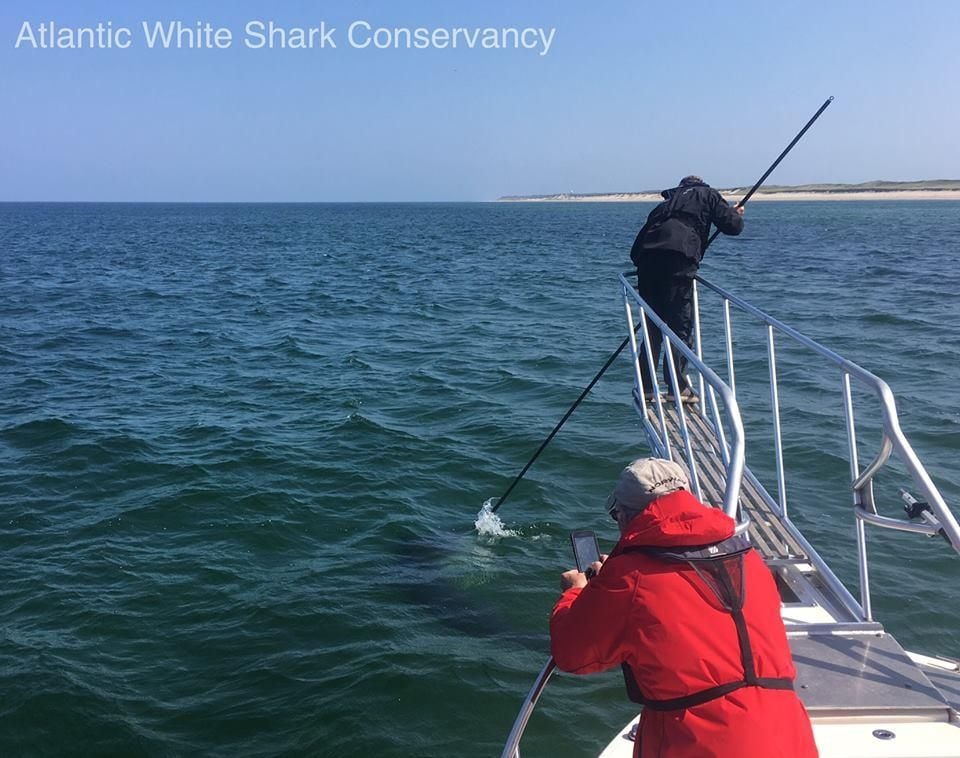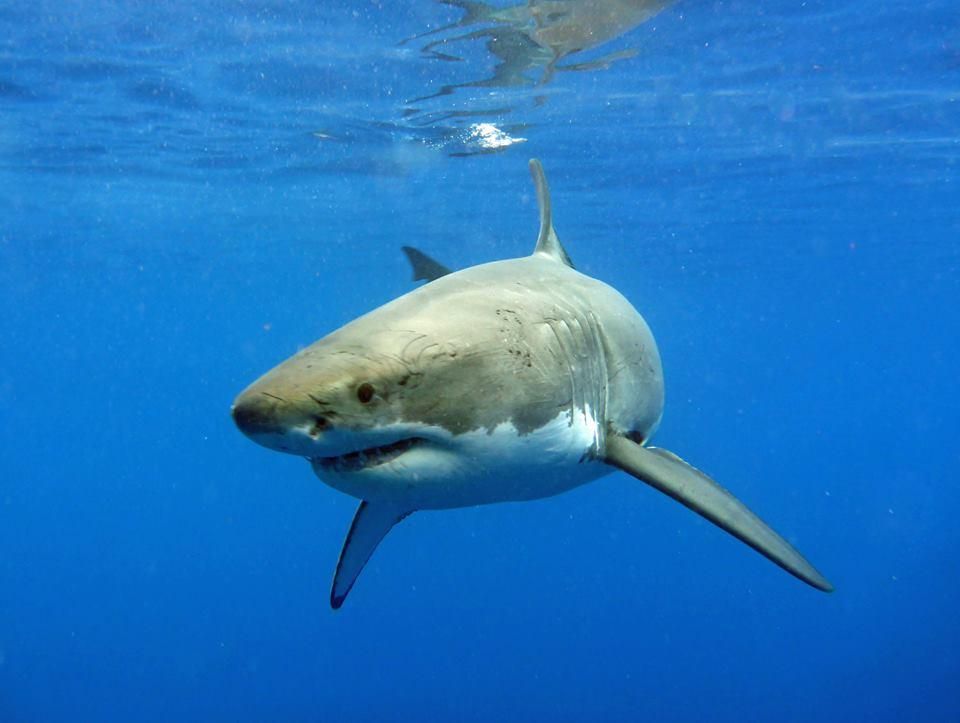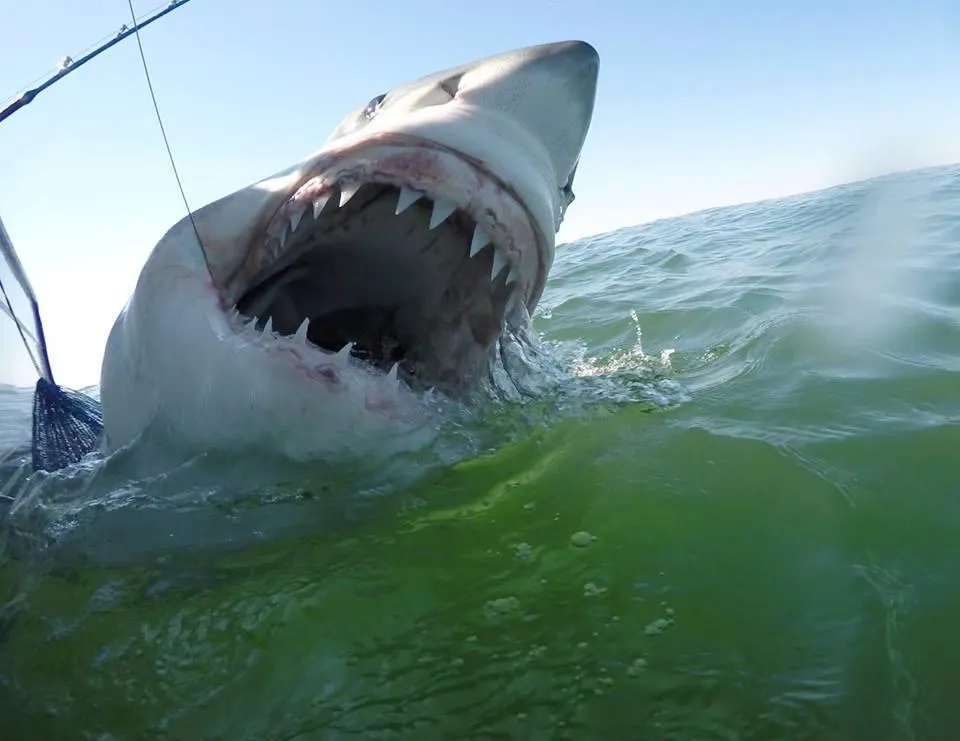You Can Help Scientists Study Great White Sharks Off the Coast of Cape Cod
The Atlantic White Shark Conservancy is offering boating expeditions open to the public now through October
:focal(652x409:653x410)/https://tf-cmsv2-smithsonianmag-media.s3.amazonaws.com/filer/b7/27/b72736c8-22f5-460a-b46f-4a876e47325e/rsz_1vandal_aug_7_2018.jpg)
For many people, the closest they may ever come to seeing a great white shark is by binge watching Shark Week on television—but now, one organization in Cape Cod is offering people the opportunity to join expeditions alongside a team of scientists studying the ocean’s most feared predator.
From now through the end of October, the Atlantic White Shark Conservancy (AWSC), a nonprofit organization that supports great white shark research, education and conservation, is offering up spots on its Chatham, Massachusetts-based research boats so that the public can get a behind-the-scenes glimpse at how scientists study and track these elusive carnivores.
A typical expedition lasts about three hours and takes place between 100 and 300 feet offshore, giving guests the chance to witness shark behavior in their natural habitat—in this case, the Atlantic Ocean. During the trip, guests can watch as scientists, including Dr. Greg Skomal, a senior fisheries biologist with the Massachusetts Division of Marine Fisheries (DMF) and the head of the Massachusetts Shark Research Program (MSRP), monitor and video record each shark. (The sharks never leave the water.) Scientists also determine each shark’s gender and insert a tag if it doesn’t yet have one. Back at the lab, John Chisholm, a shark biologist who is also with the DMF and MSRP, helps with the identification process. Lindsay Graff, one of the AWSC scientists, says she talks people through what her team is doing so that they have a better understanding of the research process and what is going on right in front of them.
“I’ll discuss great white shark behavior, marine ecology of the area and the different types of tagging methods we use,” Graff tells Smithsonian.com. “We’re opening up people’s eyes to real shark behavior and not necessarily what they get told about through the media.”
For example, Graff is quick to point out that great whites are much more docile than the way they’re typically depicted on television or in the movies.
“The biggest surprise for people on these trips is how laid back and relaxed the sharks are,” she says. “Most people really haven’t been exposed that much to real perceptions of great white sharks. They’re usually nervous at first, but when we pull up right beside one in the boat, people will instantly go from being anxious to amazed. They’re so enthralled and surprised by how enormous but beautiful and calm the sharks are.”
To ensure that not too much time is spent on the water trying to track down the sharks, the AWSC works with a spotter pilot, Wayne Davis. (The AWSC relies on spotter pilots since chumming isn’t allowed off the Massachusetts coast.)
“Within minutes, he can tell us where the sharks are,” she says. “What he can see up there is unparalleled by any other viewpoint.”
Since its founding in 2012, the conservancy has identified nearly 275 great white sharks along the roughly 40-mile stretch of coastline it studies. The AWSC is currently in year four of a five-year study.
Since the white shark population study began in 2015, MA DMF, working with AWSC, has identified nearly 275 great white sharks along the roughly 40-mile stretch of coastline it studies. The AWSC is currently funding year four of a five-year study.
“Until you see these animals in the wild for the first time, you don’t have a real understanding of them,” she says. “But as soon as you do see one in the water, you instantly fall in love with them and will want to work towards conservation and research efforts in the future.”
The Atlantic White Shark Conservancy’s expeditions are held each summer through fall and take place twice daily on Mondays and Thursdays. Expeditions, which can accommodate up to five guests, can be arranged through the Chatham Bars Inn.
Planning Your Next Trip?
Explore great travel deals
Smithsonian magazine participates in affiliate link advertising programs. If you purchase an item through these links, we receive a commission.
/https://tf-cmsv2-smithsonianmag-media.s3.amazonaws.com/filer/f4/a5/f4a50478-0739-45f9-8ae3-f7dbf4bddc86/rsz_1rsz_cubellis-1_1.jpg)
/https://tf-cmsv2-smithsonianmag-media.s3.amazonaws.com/filer/b7/27/b72736c8-22f5-460a-b46f-4a876e47325e/rsz_1vandal_aug_7_2018.jpg)
/https://tf-cmsv2-smithsonianmag-media.s3.amazonaws.com/filer/32/36/3236b988-8228-476b-a071-26980a88870d/rsz_aug_8_2016-1.jpg)
/https://tf-cmsv2-smithsonianmag-media.s3.amazonaws.com/filer/1a/42/1a42c172-af1b-4f21-913d-0e224e2c36d7/rsz_awsc_8817-1-6.jpg)
/https://tf-cmsv2-smithsonianmag-media.s3.amazonaws.com/filer/94/3a/943ace6f-1073-4570-93a8-be39572d9f24/rsz_vandal_aug_7_2019.jpg)
